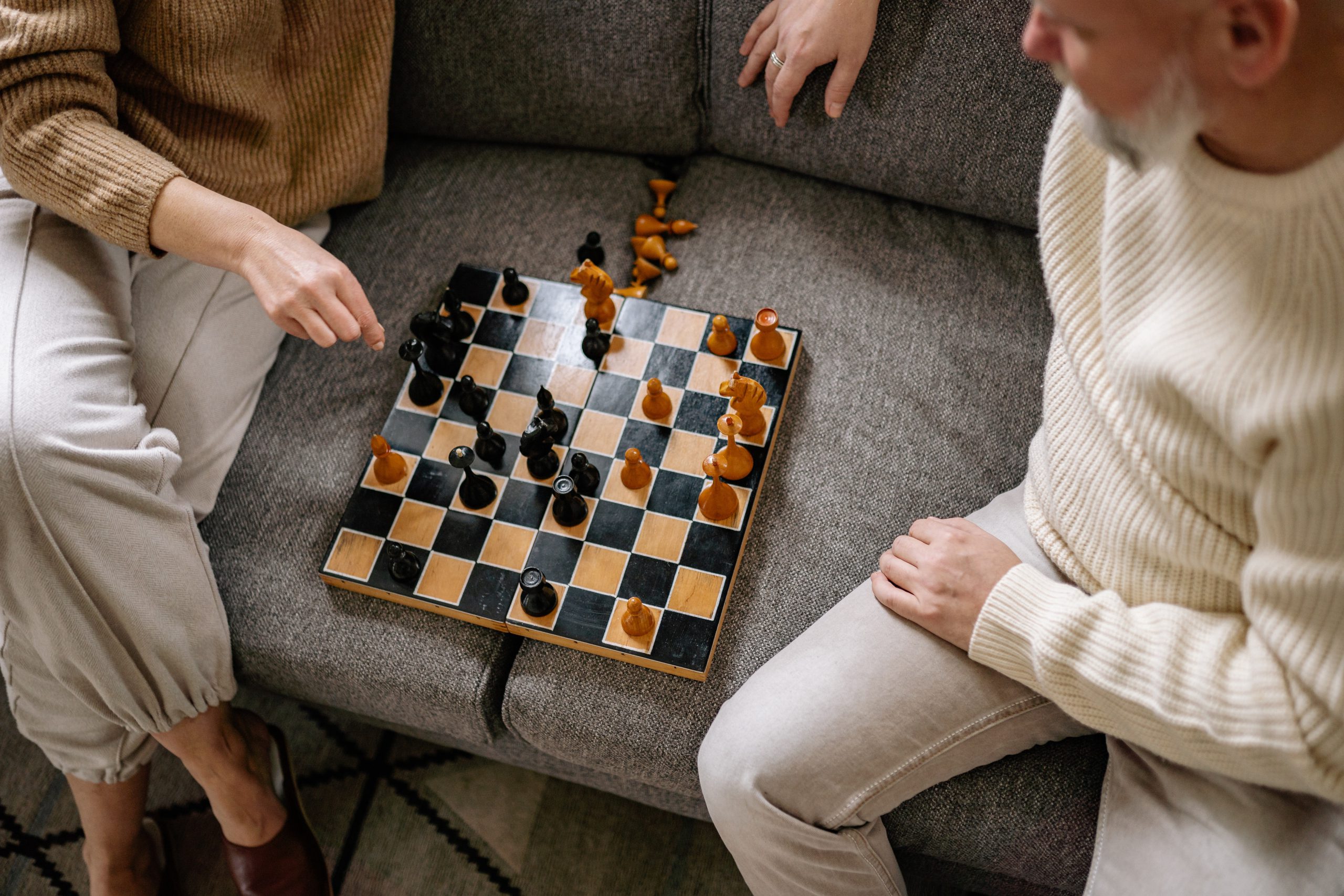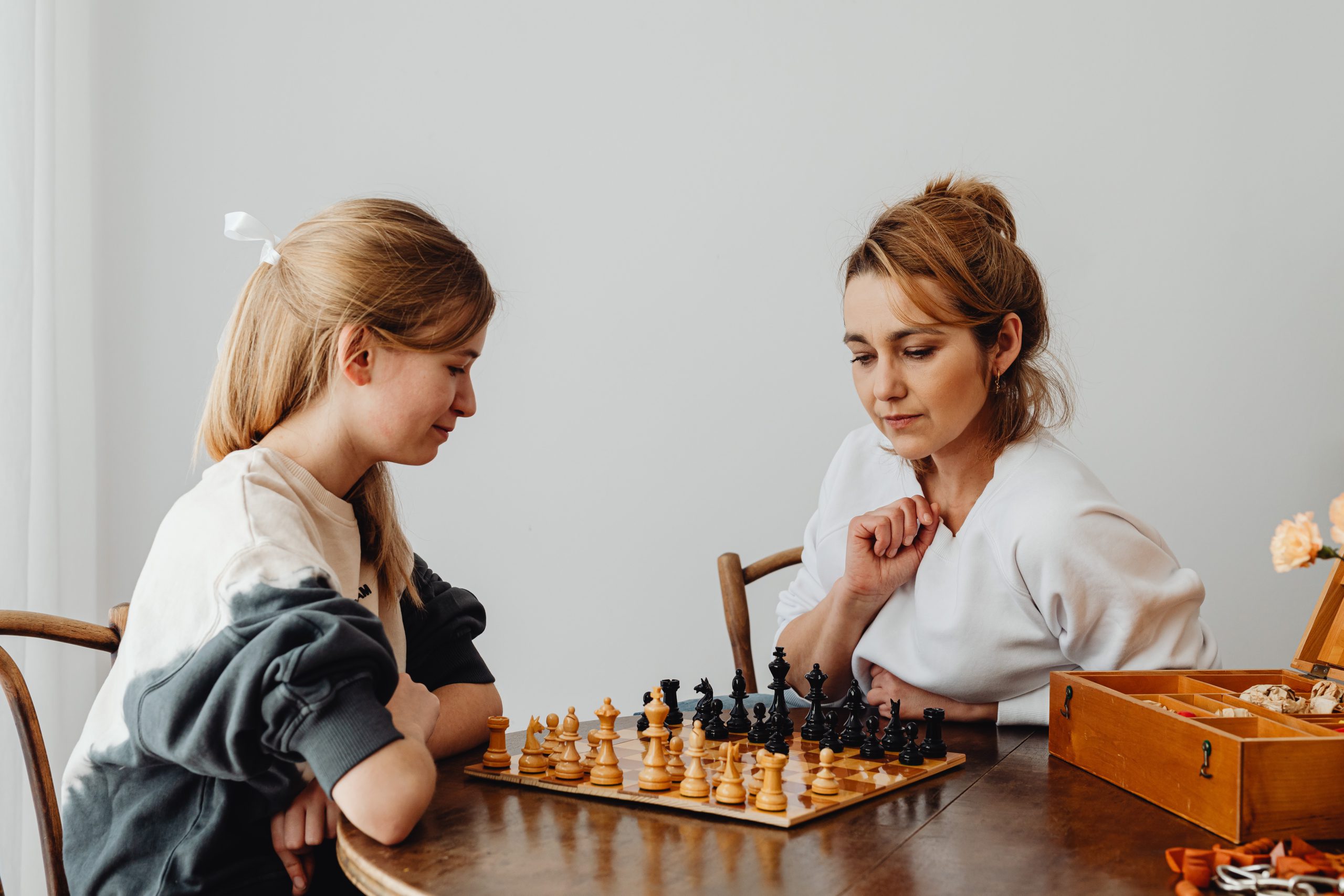People all over the world play chess. This ancient game brings people from all walks of life together while playing each other in the creative and strategic battle of the mind. It forces people to make situational decisions while planning for potential future choices. Those decisions can quickly change based on their opponent’s choices, making the game exciting for everyone involved.
But, chess is more than just fun and exciting. There are multiple benefits to this classic game that you may not know about. So, the next time you sit down for a casual game with a friend, a lesson, or a competitive match with someone, keep these benefits in mind. They might motivate you to start playing every day!
Top Chess Courses
Meet Amphy
The largest marketplace for live
classes, connecting and enriching
humanity through knowledge.



